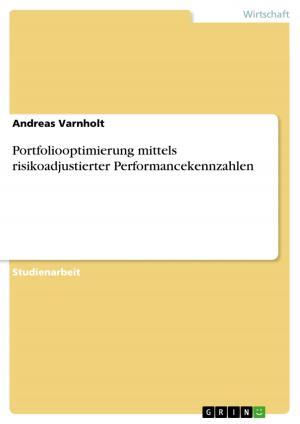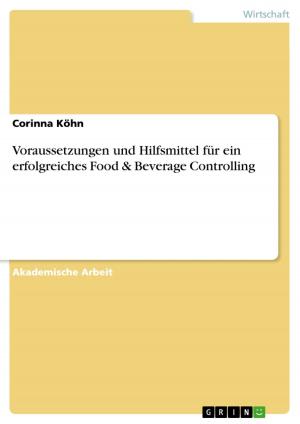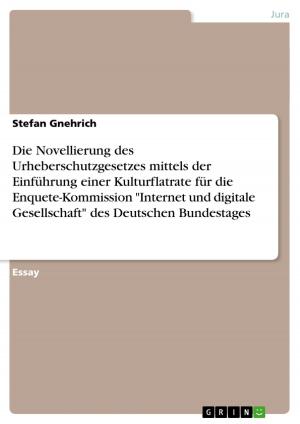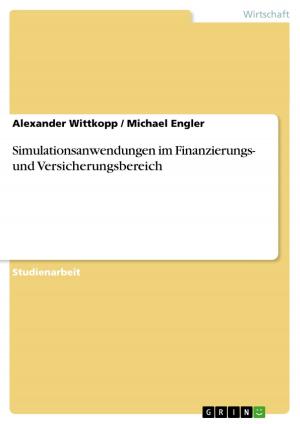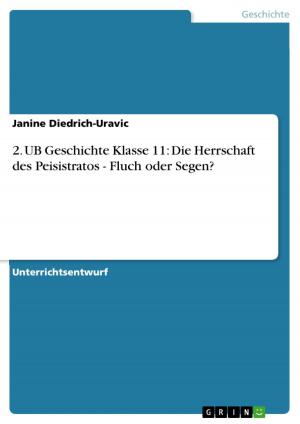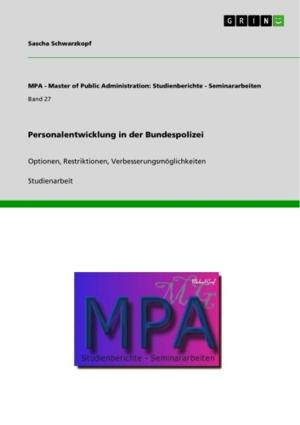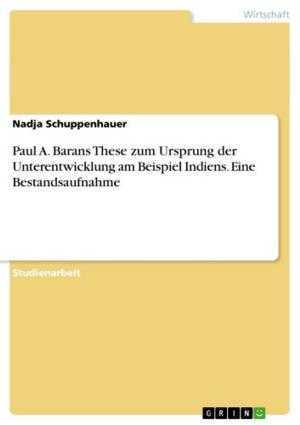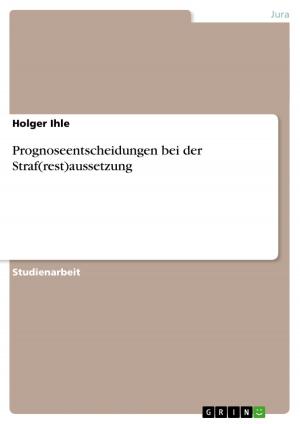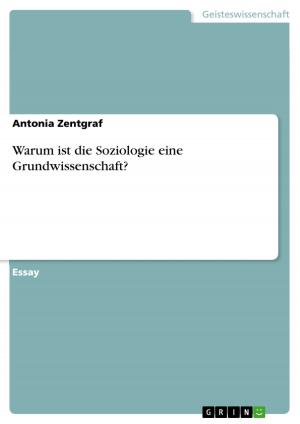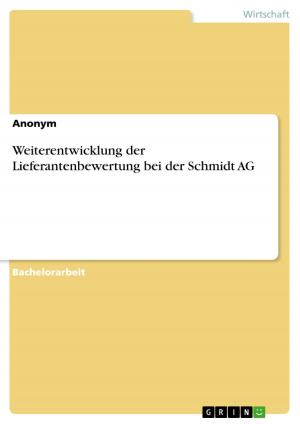English and German. A Comparison of Phonological and Inflectional Properties
Nonfiction, Entertainment, Drama, Anthologies| Author: | Hülya Atasoyi | ISBN: | 9783668119734 |
| Publisher: | GRIN Verlag | Publication: | January 4, 2016 |
| Imprint: | GRIN Verlag | Language: | English |
| Author: | Hülya Atasoyi |
| ISBN: | 9783668119734 |
| Publisher: | GRIN Verlag |
| Publication: | January 4, 2016 |
| Imprint: | GRIN Verlag |
| Language: | English |
Seminar paper from the year 2013 in the subject English Language and Literature Studies - Linguistics, grade: 2.0, University of Duisburg-Essen (Anglophone Studies), course: Languages around the world, language: English, abstract: This paper aims at providing a comparison of phonological as well as inflectional properties of English and German. It presents an overview of how major differences between both languages correlate with potential problems in language learning. Furthermore, the problems in language learning of two languages of similar historical origin will be examined, in particular German native-speakers in learning English and vice versa. In addition, it might be significant to see how both languages are differently hard to learn. However, it has to be considered that the degree of difficulty in learning one of these languages differs for every individual person. Each section will concentrate on the question whether major differences between English and German correlate with potential problems in language learning, in particular sections 3.2, 4.3 and 5. At first, some background information on these languages will be given. Afterwards, by presenting the phoneme inventory, particularly focusing on interference, this paper takes a specific look at the pronunciation difficulties of second language learners. Additionally, a short definition of the term 'suffixation' will be given in order to introduce the topic 'inflection'. Selected inflectional suffixes in English and German, with focus on nouns and pronouns, will be investigated separately with examples in order to give an overview about this morphologic process in both languages. What is also presented in this section is an extensive comparison of inflectional suffixes. Furthermore, a survey was conducted in which students and people with less English and/or German knowledge were questioned. The survey is concerned with difficulties in learning English and German.
Seminar paper from the year 2013 in the subject English Language and Literature Studies - Linguistics, grade: 2.0, University of Duisburg-Essen (Anglophone Studies), course: Languages around the world, language: English, abstract: This paper aims at providing a comparison of phonological as well as inflectional properties of English and German. It presents an overview of how major differences between both languages correlate with potential problems in language learning. Furthermore, the problems in language learning of two languages of similar historical origin will be examined, in particular German native-speakers in learning English and vice versa. In addition, it might be significant to see how both languages are differently hard to learn. However, it has to be considered that the degree of difficulty in learning one of these languages differs for every individual person. Each section will concentrate on the question whether major differences between English and German correlate with potential problems in language learning, in particular sections 3.2, 4.3 and 5. At first, some background information on these languages will be given. Afterwards, by presenting the phoneme inventory, particularly focusing on interference, this paper takes a specific look at the pronunciation difficulties of second language learners. Additionally, a short definition of the term 'suffixation' will be given in order to introduce the topic 'inflection'. Selected inflectional suffixes in English and German, with focus on nouns and pronouns, will be investigated separately with examples in order to give an overview about this morphologic process in both languages. What is also presented in this section is an extensive comparison of inflectional suffixes. Furthermore, a survey was conducted in which students and people with less English and/or German knowledge were questioned. The survey is concerned with difficulties in learning English and German.

